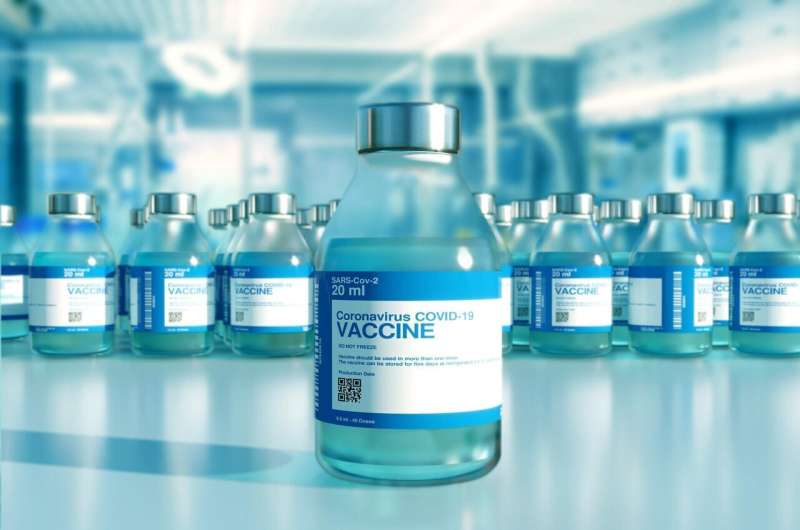Study Reveals 14% of U.S. Adults Begin GLP-1 Receptor Agonist Therapy Post-Bariatric Surgery

A new study shows that 14% of U.S. adults start GLP-1 receptor agonist therapy after bariatric surgery, highlighting its role in metabolic management post-surgery.
A recent study published in JAMA Surgery has reported that approximately 14% of U.S. adults who undergo bariatric surgery initiate treatment with glucagon-like peptide-1 receptor agonists (GLP-1 RAs) after their procedure. The research, led by Minji Kim from Johns Hopkins Bloomberg School of Public Health, analyzed electronic health records of about 113 million Americans to understand medication patterns following bariatric interventions.
The findings indicated that 21.5% of these individuals started GLP-1 RA therapy within the first two years post-surgery. The remaining patients began treatment during subsequent years, with 32.3% in years 3-4, 25.2% in years 5-6, and 21.0% beyond six years after surgery.
Certain groups were more likely to initiate GLP-1 RAs, including female patients, those who had sleeve gastrectomy, and individuals with type 2 diabetes. The study also found that higher post-surgical body mass index (BMI) was associated with an increased likelihood of starting GLP-1 therapy, with each unit rise in BMI elevating the chance by 8%.
Senior researcher Hemalkumar Mehta emphasized that these results raise important questions for future obesity and metabolic health research, highlighting the evolving landscape of pharmacological management following surgical weight loss procedures.
This study underscores the growing role of GLP-1 RAs in post-bariatric care, reflecting their significance in managing weight and metabolic conditions in this patient population.
Source: https://medicalxpress.com/news/2025-09-adults-glp-receptor-agonists-bariatric.html
Stay Updated with Mia's Feed
Get the latest health & wellness insights delivered straight to your inbox.
Related Articles
U.S. Restrictions on COVID-19 Boosters Raise Concerns Among Patients and Experts
New U.S. regulatory restrictions on COVID-19 booster shots raise concerns among patients and health experts about increased risks and reduced vaccine access amid ongoing pandemic challenges.
New Insights into CaMKIIα Redox Modulation as a Critical Factor in Learning and Memory
Recent research uncovers the critical role of CaMKIIα S-nitrosation in regulating learning and memory, introducing targeted redox modulation as a promising therapeutic approach.
Decline in Preventive Heart Screenings Among Disabled Adults During the Pandemic
A new study reveals that preventive heart screenings for adults with disabilities declined sharply during the COVID-19 pandemic, worsening existing healthcare disparities. Learn about the implications and needed improvements in care access.
Evolocumab Shows No Benefit in Preventing Vein Graft Disease After Coronary Bypass Surgery, Major Trial Finds
A recent trial reveals that evolocumab, despite significantly lowering LDL cholesterol, does not reduce vein graft disease rates after coronary artery bypass surgery, pointing to the need for novel treatment strategies.



